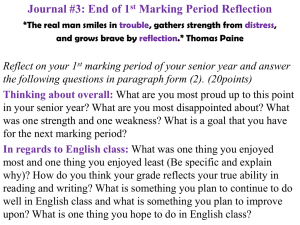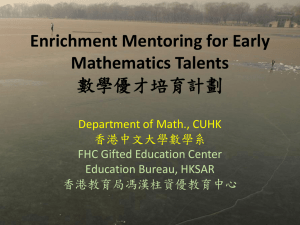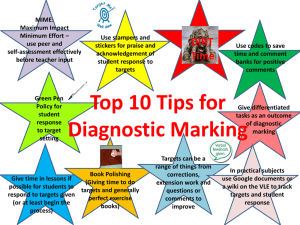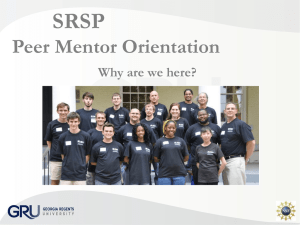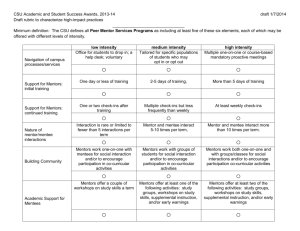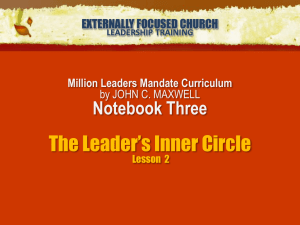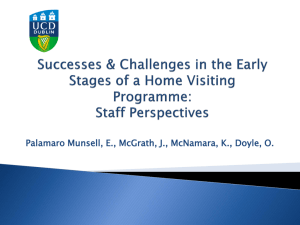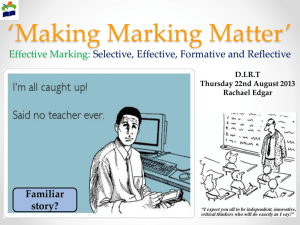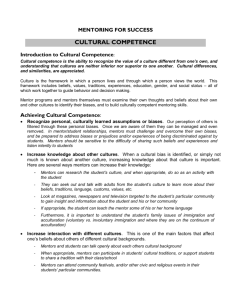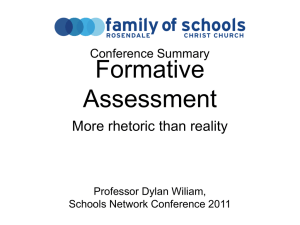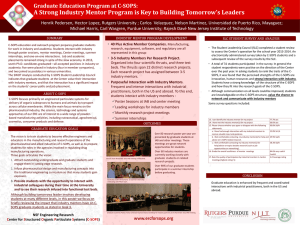science concept plan & entrepreneurship
advertisement
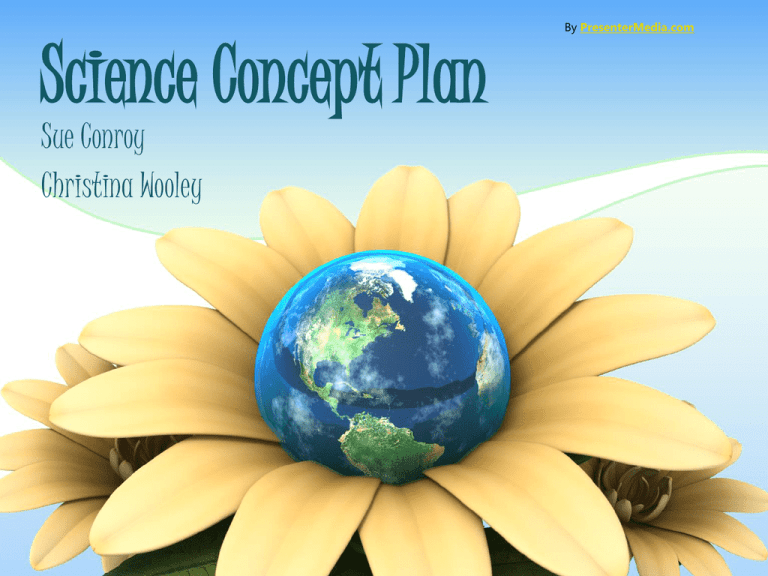
Science Concept Plan Sue Conroy Christina Wooley By PresenterMedia.com Presentation Outline 5 2 Inspiration Goals 3 Project Overview 7 4 Mentors 8 1 6 Science Day SEE Marking Period Future INSPIRATION 60 Minutes Episode: Computer Recycling An accent box, click to edit the text inside. An accent box, click to edit the text inside. GOALS 1. To provide an inquiry-based project that is a student designed and driven experience. 2. To allow students to explore a global science issue and design/redesign a solution applying all their learned science knowledge throughout middle & high school. 3. Create professional interactions between students and the community. 4. To display the relationship between science and entrepreneurship. 5. Students experience their collaborative power to change the world. PROJECT OVERVIEW SCIENCE DAY Research topic & write a persuasive essay Collaborate with a mentor to design a solution Write science concept plan Market Analysis POSTER SESSION MENTORS Critical point of this authentic experience Commitment: -work with a group of 3-4 students -2 face-to-face meetings -interact by e-mail & googledocs Finding Mentors: - Posting in local newspaper, on school webpage, & current parents - Obtained grant from Morgan Foundation for fingerprinting SCIENCE DAY Time to brainstorm Students generated 7 interview questions to ask scientists in a variety of fields. On a Saturday in September scientists from a variety of fields (engineer (civil, mechanical, electrical), doctors, environmental scientists, researchers) gathered to be interviewed. Students generated research topics from mentor discussions. SEE Scholarship of Entrepreneurial Engagement 1. How well thought through and compelling was the student’s summary description of the science concept plan? 2. How well thought through and compelling was the student’s discussion and assessment of the basic science and technology concepts underlying their plan?? 3. How well thought through and complete was the student’s discussion and assessment of the basic commercial feasibility of the underlying product? 4. Overall how original, interesting, and viable as an investment opportunity do you believe the student’s proof of concept to be? 5. How well thought through were the student’s proposed plans to obtain necessary resources to move their plan forward? FIRST MARKING PERIOD Background Research 1. Students identify science issue. 2. Students work in groups via googledocs to write a background research paper. 3. Paper examines: - what is the issue (scientific explanation) - what factors exist that have caused this problem - examine the problem from numerous angles - call for action SECOND MARKING PERIOD Solution Design 1. Two in person meetings to hypothesize solution designs. 2. Students work with mentor to: - examine solutions in existence or proposed - design a new solution & determine scientific viability - describe concept - determine target audience - examine market integration THIRD MARKING PERIOD Students complete SEE paper according to provided rubric. 1. Name & abstract of concept plan 2. Science & Technology Assessment (background research) 3. Commercial Feasibility 4. Overall Viability of product 5. Marketing & promoting plan to target audience Panel of judges (KSU professors) evaluate papers FOURTH MARKING PERIOD Poster Session 1. Using a standard format student’s created a poster. 2. Parents, administrators, mentors, and community members were invited to view concept plans. 3. Thank you to mentors. FUTURE What does the future hold? • Summer Internships • Students may actually improve a current medical procedure • Students may improve the manufacturing of a product • Solving a global issue
